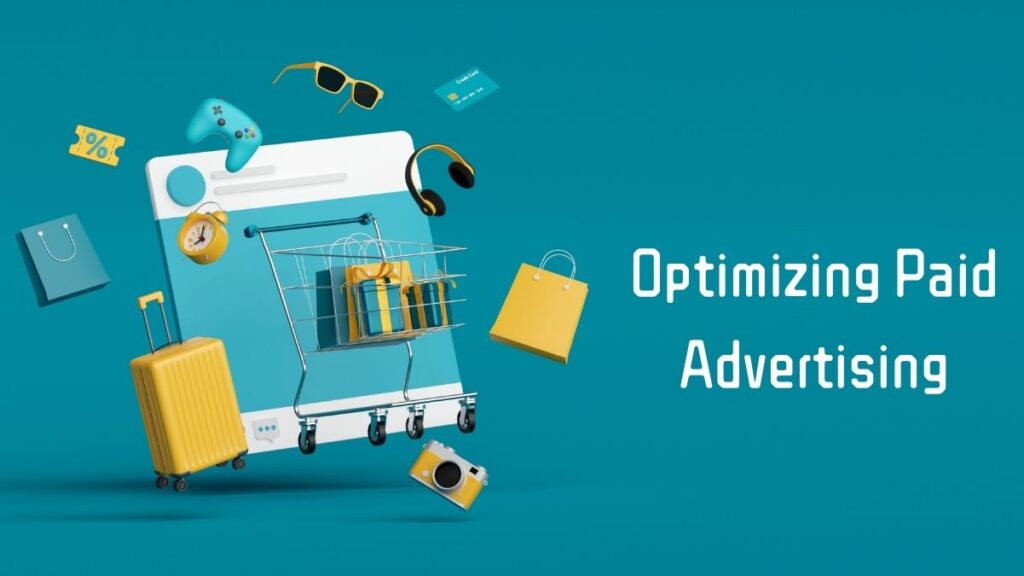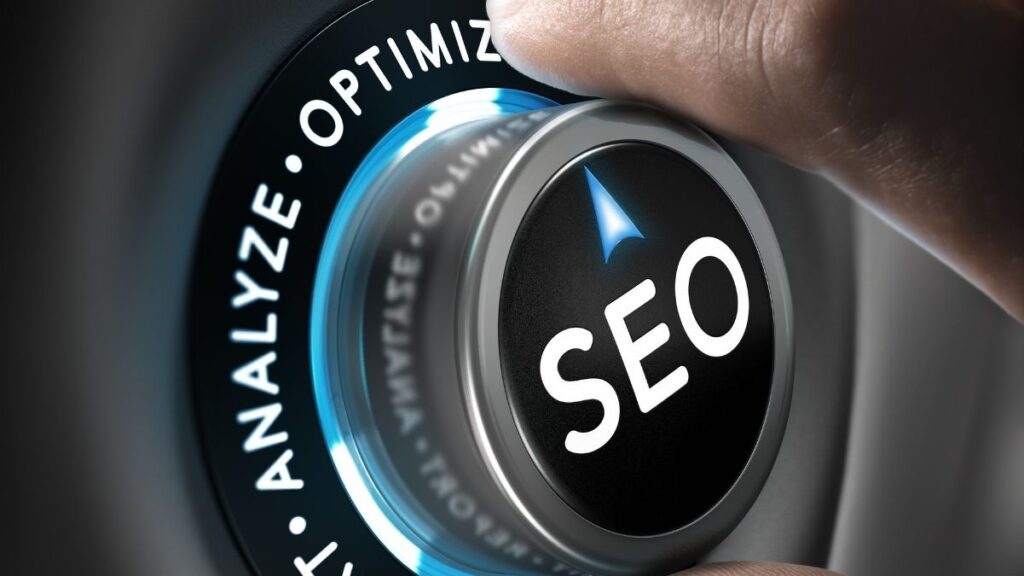Artificial intelligence (AI) has rapidly evolved from a futuristic concept to a powerful tool that’s reshaping the marketing landscape. If you’re not leveraging AI to enhance your marketing efforts, you’re missing out on tremendous growth potential.
I’ve personally integrated AI into my marketing strategies, and the results have been nothing short of remarkable. From automating repetitive tasks to delivering personalized customer experiences, AI can take your marketing game to the next level.
In this post, I’ll walk you through how to use AI to boost your marketing with proven strategies that have worked for me. Let’s dive into it!
Why AI is a Game-Changer for Marketing
Before I started using AI, I felt like I was drowning in data and manual tasks. But once I began incorporating AI into my workflows, everything changed. AI tools gave me insights I couldn’t have found on my own and allowed me to automate processes that used to take hours.
Here’s why AI is crucial for marketing:
- Data Analysis: AI can process massive amounts of data quickly, giving you insights that are nearly impossible to obtain manually.
- Personalization: AI helps deliver personalized content and recommendations, enhancing customer experiences.
- Automation: AI automates time-consuming tasks like email marketing and social media management, allowing you to focus on strategy.
Now, let’s go over how you can use AI to enhance different aspects of your marketing strategy.

1. Automating Content Creation
One of the first areas I used AI in was content creation. I was skeptical at first, but once I tried tools like Jasper AI and Copy.ai, my content production skyrocketed.
How I Use AI in Content Creation:
- Blog Post Ideas: AI tools like Jasper help generate topic ideas based on current trends and data. It saved me hours of brainstorming.
- SEO Optimization: I used AI to analyze keywords, headlines, and meta descriptions, ensuring each piece of content was optimized for search engines.
- Content Drafting: AI-generated drafts gave me a solid base, which I then personalized and polished.
The benefit? Faster content production, improved SEO, and more time to focus on other parts of my business.
2. Enhancing Email Marketing Campaigns
Email marketing is still one of the most effective channels, but crafting personalized emails at scale can be daunting. That’s where AI came in handy for me.
How AI Boosted My Email Marketing:
- Segmentation: AI helped me segment my audience based on behavior and preferences, making it easier to send tailored messages.
- Personalization: With AI, I was able to personalize subject lines, email content, and product recommendations for each recipient.
- A/B Testing: AI tools conducted rapid A/B testing of email campaigns, showing me which versions performed best.
The result? Higher open rates, better engagement, and more conversions.

3. Streamlining Social Media Management
Managing multiple social media platforms was overwhelming until I discovered AI-driven tools like Hootsuite and Buffer. Here’s how I’ve used AI to streamline my social media marketing.
How I Use AI for Social Media:
- Scheduling: AI tools schedule posts at the best times for audience engagement, ensuring my content reaches the right people at the right moment.
- Content Creation: Tools like Lumen5 turn blog posts into engaging videos for social media, expanding my content’s reach.
- Engagement Analysis: AI helped me analyze which types of content resonate best with my audience, allowing me to adjust my strategy accordingly.
Thanks to AI, I’ve been able to maintain a consistent social media presence without feeling overwhelmed.
4. Predicting Customer Behavior
Predicting what customers want used to feel like a guessing game, but AI has changed that. By analyzing customer data, I can now predict future behavior and tailor my marketing efforts accordingly.
How AI Helped Me Predict Customer Behavior:
- Purchase Predictions: AI analyzed past buying patterns to predict which products a customer might be interested in next.
- Churn Prevention: AI identified customers at risk of churning, allowing me to send them personalized offers to retain their business.
- Personalized Recommendations: I integrated AI-powered recommendation engines to suggest products based on individual browsing and purchasing behavior.
Using AI for customer behavior analysis has not only increased sales but also improved customer satisfaction.

5. Optimizing Paid Advertising
Managing paid ad campaigns can be time-consuming, especially when it comes to tracking performance and adjusting bids. AI has been a game-changer for my paid advertising efforts.
How I Use AI to Improve Paid Ads:
- Automated Bidding: AI adjusts ad bids in real time based on performance data, ensuring that I get the most out of my ad budget.
- Targeting: AI helped me target the right audience by analyzing user data and identifying the best segments for my ads.
- Performance Analysis: AI tools like Google Ads’ Smart Bidding provided detailed insights into ad performance, allowing me to make data-driven adjustments.
As a result, my paid ad campaigns have become more efficient and effective, delivering better ROI.
6. Improving Customer Service with Chatbots
AI-powered chatbots like Drift and Intercom have completely transformed how I handle customer service. These tools allow me to provide instant support, 24/7.
How AI-Powered Chatbots Boosted My Customer Service:
- Instant Responses: AI chatbots answer customer queries in real-time, improving the overall customer experience.
- Lead Generation: Chatbots collect valuable customer information, which I then use for targeted marketing efforts.
- Cost-Effective: With chatbots handling basic queries, I was able to reduce customer service costs while still providing top-notch support.
The improved response times and customer satisfaction have been invaluable to my business.

7. Optimizing SEO with AI
AI tools like Surfer SEO and MarketMuse have become essential for my SEO strategy. They provide insights and recommendations I wouldn’t have considered on my own.
How AI Improved My SEO:
- Content Optimization: AI tools analyzed my existing content and suggested improvements for better rankings.
- Keyword Research: AI helped me find low-competition, high-traffic keywords to target.
- Competitor Analysis: I used AI to analyze competitors’ strategies, identifying gaps and opportunities.
Using AI for SEO has significantly boosted my organic traffic, leading to better visibility and higher search engine rankings.
Final Thoughts
Integrating AI into your marketing strategy is no longer optional—it’s essential for staying competitive. From automating mundane tasks to predicting customer behavior, AI has allowed me to work smarter, not harder.
If you haven’t yet embraced AI in your marketing, now is the time. Follow the strategies I’ve shared, and you’ll see a significant boost in your marketing efforts.
FAQs
How do I start using AI in my marketing strategy?
Begin by identifying areas in your marketing that could benefit from automation or data analysis. Then, start exploring AI tools like Jasper for content creation, Hootsuite for social media, and Google Ads’ Smart Bidding for paid ads.
What are the best AI tools for marketing?
Some of the top AI tools I’ve used include Jasper AI for content creation, Surfer SEO for search engine optimization, and Drift for customer service chatbots.
Can AI fully replace human marketers?
No, AI is a tool to enhance and assist marketers, not replace them. It can handle repetitive tasks and analyze data, but human creativity and strategy are still essential.
Is AI expensive to implement?
It depends on the tools you choose. Many AI tools offer tiered pricing, so you can start with a basic plan and upgrade as your business grows.
How does AI help with personalization?
AI analyzes customer data to deliver personalized content, product recommendations, and tailored marketing messages, improving customer engagement and satisfaction.




